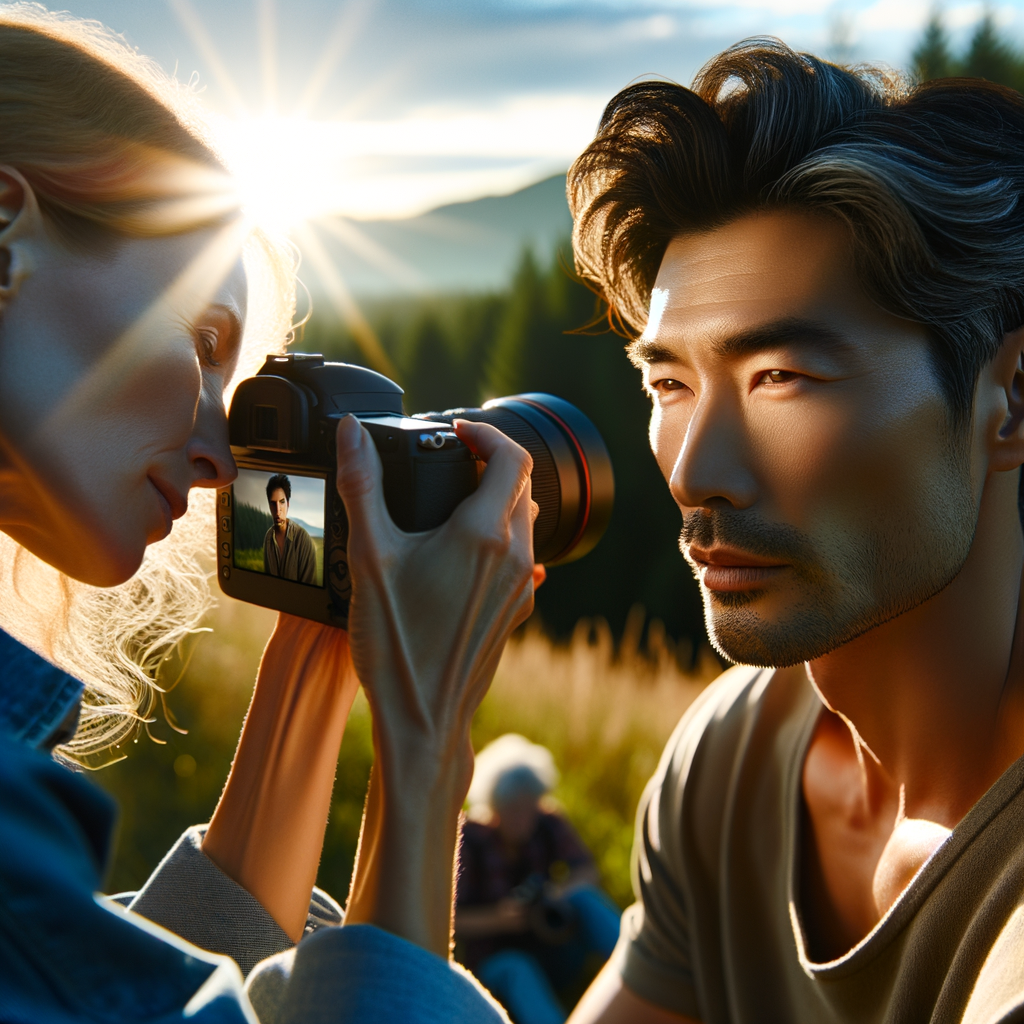
Portrait photography is one of the most fascinating and challenging branches of photographic art. Whether you are a beginner or an experienced photographer, there is always something new to learn. In this article, we will share professional secrets and tips to help you create stunning portraits. Dive into the world of portrait mastery and discover how to capture the true essence of a person in your photographs.
Portrait photography is an art that requires not only technical skills but also the ability to connect with your subjects. Here are some key aspects to keep in mind.
1. Understanding Light
Lighting is one of the most critical elements in portrait photography. It's generally recommended to use soft, diffused light as it creates more natural and flattering shadows on the face. The best times to shoot are early in the morning or late in the afternoon when the light is less harsh. Additionally, light reflectors can be used to gently fill in shadows.
2. Choosing the Location
The location plays a significant role in portrait photography. It should not be too cluttered or distracting. An ideal option can be a park, beach, or even a home environment. Ensure that the background complements your subject and does not take away from their prominence.
3. Establishing a Connection with the Model
The success of a portrait largely depends on how you communicate with the model. Spend time talking before the shoot to make your model feel comfortable. Ask friendly questions that could help relax the atmosphere. Sometimes a simple smile from the photographer can make all the difference for a model to loosen up.
4. Angle of Shooting
Depending on the angle, you can convey different emotions and characteristics. Experiment with various shooting angles to highlight the best features of your subject. For instance, shooting from slightly above eye level can create a more confident and appealing image.
5. Post-Processing Photos
Post-processing plays an important role in creating the final output. Use editing software such as Adobe Lightroom or Photoshop to enhance photos, make colors more vivid, and correct imperfections. However, be cautious not to overdo it so that you don’t lose the natural essence of the shot.
6. Don’t Be Afraid to Experiment
Finally, don't be afraid to experiment. You might discover your unique style by trying something new. Utilize various techniques such as double exposure, playing with reflections, or even unusual posing settings.
Portrait photography can open new horizons for you if you follow these tips and infuse your individuality into each work. Inspiration can come from anywhere, and remember, every shot is an opportunity to create something unique.


